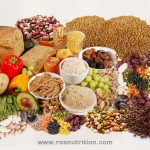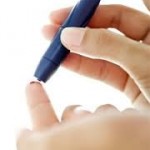 Diverticulosis
Diverticulosis
Most people with diverticulosis do not have any discomfort or symptoms. However, some people may experience crampy pain or discomfort in the lower abdomen, bloating, and constipation. Other conditions such as irritable bowel syndrome and stomach ulcers cause similar problems, so the symptoms do not always mean a person has diverticulosis. People with chronic symptoms should visit their doctor or health care provider.
Diverticulitis
The most common symptom of diverticulitis is abdominal pain. The most common sign on examination is tenderness in the lower left side of the abdomen. Usually, the pain is severe and comes on suddenly, but it can also be mild and become worse over several days. The intensity of the pain can fluctuate. A person may experience cramping, nausea, vomiting, fever, chills, or a change in bowel habits.








